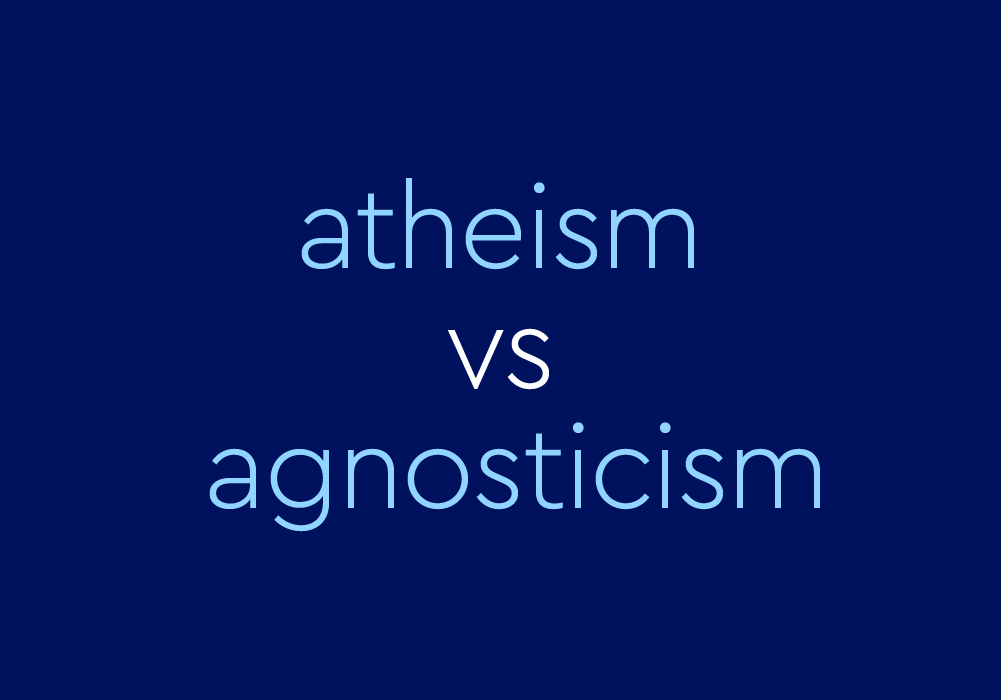- Joined
- Mar 20, 2012
- Messages
- 22,856
- Reaction score
- 9,570
- Location
- okla-freakin-homa
- Gender
- Male
- Political Leaning
- Progressive
Is it racist to say they all look alike to me???That’s Ronald “ Ron” Reagan jr.’s quote. Okay
Is it racist to say they all look alike to me???That’s Ronald “ Ron” Reagan jr.’s quote. Okay
Very nice one.It's a binary question. Either you personally do accept the deity hypothesis, or you reject it. Accept it, theist, reject it, atheist. You can be an atheist and not claim there is no god. You can not know for sure or don't think it can be proven either way, but you personally don't accept it. A gnostic atheist will claim no god exists, and think the evidence is strong enough to prove no god exists. I don't think it can be proven either way (the very claims about the deities often preclude it), but the evidence is very strong it is a man-made thing, so I don't believe it. So like you, I am an agnostic atheist.
Theism - the belief in a god or gods
Atheism - without the belief in a god or gods
Atheism doesn't mean you think there isn't a god or that you know there isn't a god. You just don't believe in one.
Congrats on what just may be one of your most concise, and most logical posts ever.Atheism is the opposite of Theism. Hence.................... A - THEIST.
A theist believes in the existence of God or gods.
An atheist does not.
atheism (n.)
"the doctrine that there is no God;" "disbelief in any regularity in the universe to which man must conform himself under penalties" [J.R. Seeley, "Natural Religion," 1882], 1580s, from French athéisme (16c.), with -ism + Greek atheos "without a god, denying the gods," from a- "without" (see a- (3)) + theos "a god" (from PIE root *dhes-, forming words for religious concepts).
A slightly earlier form is represented by atheonism (1530s) which is perhaps from Italian atheo "atheist." The ancient Greek noun was atheotes "ungodliness."

atheism | Etymology, origin and meaning of atheism by etymonline
ATHEISM Meaning: "the doctrine that there is no God;" "disbelief in any regularity in the universe to which man must… See definitions of atheism.www.etymonline.com
Atheism is in the broadest sense a rejection of any belief in the existence of deities.
Atheism is derived from the Ancient Greek ἄθεος atheos meaning "without gods; godless; secular; refuting or repudiating the existence of gods, especially officially sanctioned gods".[10]
History of atheism - Wikipedia
en.wikipedia.org
There is a key distinction between these terms. An atheist doesn’t believe in the existence of a god or divine being. The word atheist originates with the Greek atheos, which is built from the roots a- (“without”) and theos (“a god”). Atheism is the doctrine or belief that there is no god.Very nice one.
I saw agnosticism as a seperate "belief" instead of a sub from atheïsm, thanks tothe sometimes very loud gnostic atheïsts.

